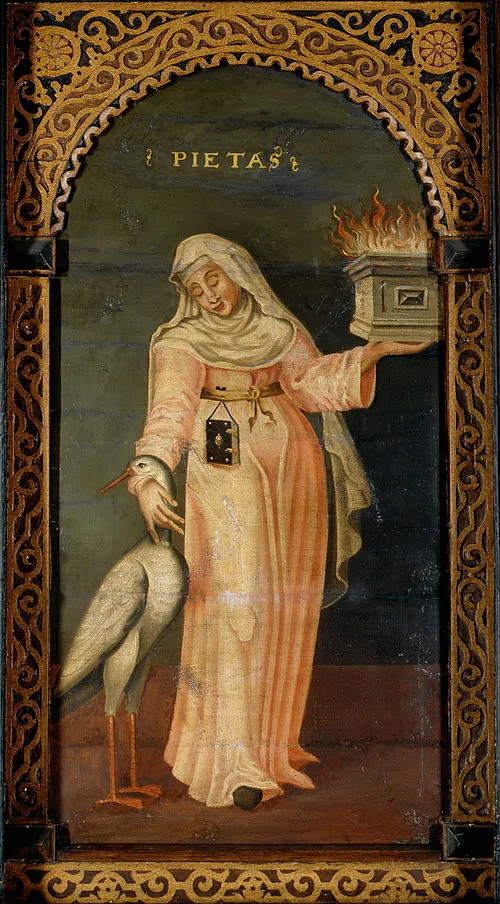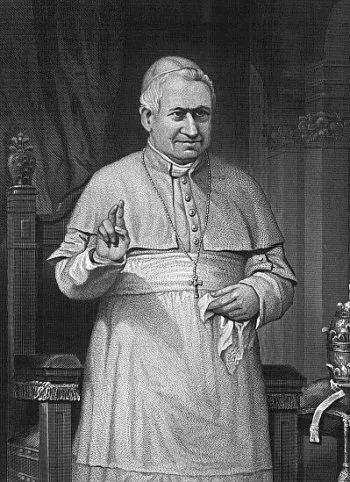
Serapion of Antioch: The Theological Contributions of a Christian Bishop
Serapion of Antioch was an influential early Christian bishop known for his theological insights and efforts in maintaining ecclesiastical unity during the challenging times of the early Church. This article delves into his life, contributions, and the lasting impact he had on Christian doctrine and ecclesiastical structure.
Who was Serapion of Antioch?
Serapion served as the bishop of Antioch in the late 2nd century AD. His tenure was marked by significant events that shaped early Christianity, including the rise of various heretical sects and the development of the New Testament canon. Serapion is colloquially recognized for his opposition to certain teachings that contradicted orthodox Christian beliefs, particularly the doctrine regarding the nature of Christ and the proper conduct of the faithful.
The Historical Context of Serapion's Ministry
The period during which Serapion lived was characterized by differing theological perspectives and rapid growth of the Christian community amid persecution from pagan authorities. As a prominent bishop, he took on the responsibility of combating heresies and guiding his community in a time of spiritual confusion.
Key Theological Contributions
One of Serapion's most notable contributions was his stance against Gnosticism. He authored a critical text in which he defended the Apostolic teachings and emphasized the importance of maintaining doctrinal purity. His views on the nature of Christ, asserting the full divinity and humanity of Jesus, laid important groundwork for future Christological debates.
Moreover, Serapion played a vital role in the development of the early Christian liturgy and the scriptural canon. He was among those advocating for the inclusion of certain texts in the New Testament, highlighting the authority of writings that aligned with apostolic tradition.
Serapion's Legacy
Although much of Serapion's work has been lost to history, his influence can be observed in later Church Fathers, who echoed his theological principles in their writings. His commitment to upholding orthodox beliefs in the face of heresy contributed to the stability of the early Church.
His writings, although fragments exist, continue to intrigue scholars and theologians, fostering ongoing discussions about the formation of Christian doctrine and the significance of church leadership during formative years.
Conclusion
Serapion of Antioch's life exemplifies the dedication and struggles of early Christian leaders. His theological insights and commitment to ecclesiastical unity were pivotal during a time when the Church was forming its identity and doctrine. Today, Serapion's legacy endures, reminding contemporary believers of the importance of doctrinal integrity and leadership within the Christian community.






